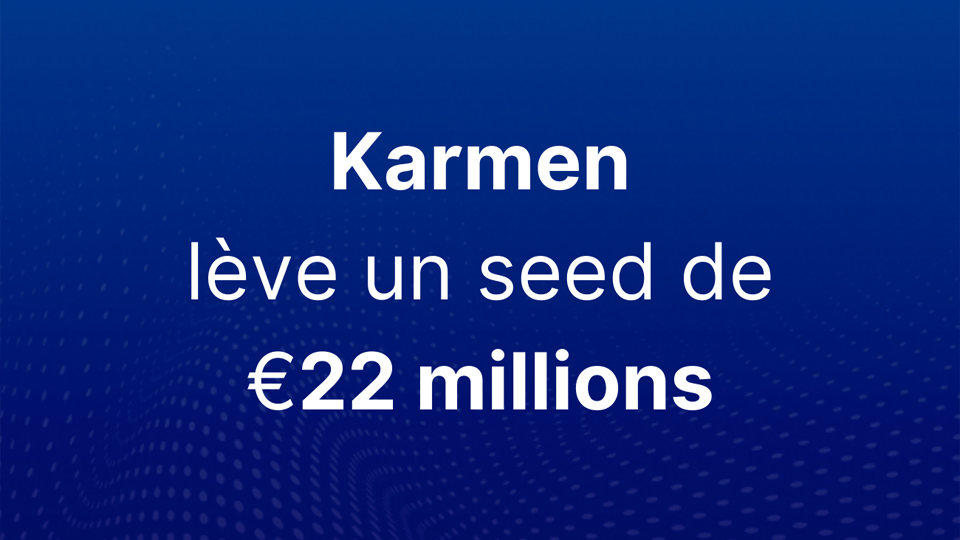We can now add another caller to the revenue-based, non-dilutive financing dance card, this time, France is checking in via Karmen. The fintech launched just 8 months ago and has now raised a total of €22 million (€3.5 million equity, €18.5 million in debt) in a seed funding round. The €22 million will allow the company to deploy its subscription economy-focused solution across France, as well as gear up for an entry into southern Europe through a pan-European credit institution partnership.
Now if you haven’t been paying attention, there’s a ton of money floating around the tech ecosystem these days. If you’re after hard numbers, I direct you to my colleague Andrii’s awesome breakdowns (TL:DR the European fintech scene had a banner year, raking in some €25 billion across almost 800 VC deals), but overall, one trend has become increasingly clear, it’s a buyers market. And by buyers, I mean startups.
Within this buyers market, we’ve seen the revenue-based, non-dilutive sector popping up like daisies. In lieu of words, here’s a handy table for you:
| Name | Location | Turnaround time | Revenue Range | Pre-requisites |
| Karmen | France | < 48 hours | 40% ARR | - |
| Vitt | London/Berlin | < 24 hours | 100% ARR | ARR of £100,000 |
| re:cap | Berlin | < 48 hours | 50% ARR | |
| Ritmo | Madrid | < 24 hours | up to €3 million | |
| Requr | Amsterdam | < 24 hours | unspecified cap | MRR of €20,000 |
| Viceversa | Milan | < 72 hours | €10,000 - €1 million |
Along the lines of their competitors, Karmen uses an API to connect to a startups’ financials and runs it through a proprietary credit risk algorithm that accounts for subscription numbers, banking account status, and accounting data to either approve or deny an application.
Where Karmen aims to stand out from competitors is in its specific targeting of subscription-based services, where according to a Telcoming report, “In 2021, 2.2 billion subscriptions will create a global industry of almost $228 billion, 31% higher than in 2020 ($174 billion). By 2025, this market will have a turnover of more than $481 million, with an average year-on-year growth of 23% over the period analysed, and subscriptions will have grown by 15% to nearly $4 billion worldwide.”
"The subscription consumption model is becoming the dominant business model in the digital economy. Yet, traditional financing options, mainly equity-based fundraising and bank loans, have not evolved," explained co-founder Baptiste Wiel. "Equity fundraisings provoke irreversible dilutions of the capital structure; while bank financing remains widely unavailable to digital companies. Indeed, banks rarely grant loans to digital companies, since they have very few assets to offer as collateral. That's where Karmen comes in with a more adaptable and flexible solution: revenue based financing."
Karmen’s €22 million equity and debt seed round was led by Fasanara Capital (who’ve also invested in Viceversa), and saw participation from Samaipata and a number of undisclosed angel investors.
"We were impressed by the speed of execution, the in-depth knowledge of the market, and the level of ambition of Karmen's founding team,” commented Samaipata’s Aurore Falque-Pierrotin.



Would you like to write the first comment?
Login to post comments